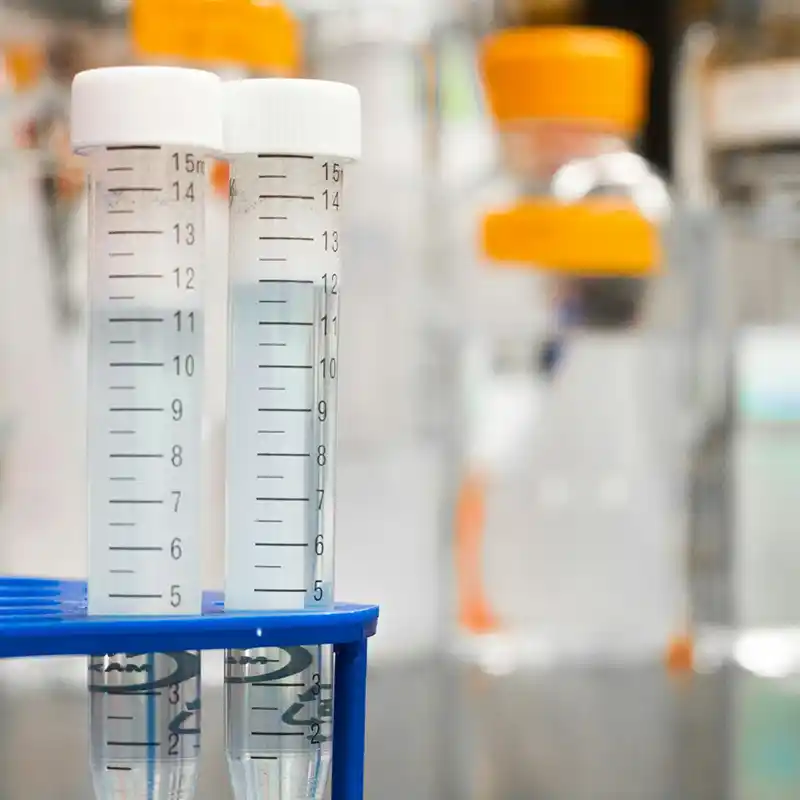
Staff: Dr Yolanda Calle and Dr Maria Teresa Esposito
Dr Yolanda Calle and Dr Maria Teresa Esposito share a research interest in studying the signalling pathways involved in the development and drug resistance of haematological malignancies including Acute Myeloid Leukaemia (AML), Acute Lymphoid Leukaemia (ALL) and multiple myeloma with a particular interest in the role of the tumour microenvironment in these processes.
In their investigations, they use high throughput in vitro models that closely recapitulate the interactions of haematological cancer cells with the tumour microenvironment as well as animal models.
Their teams have complementary expertise that includes:
Dr Maria Teresa Esposito: My long-term goal is to explore and exploit the deregulation of protein phosphorylation as suitable signalling pathways for the identification of new therapies for acute leukemia.
We are currently investigating the contribution of protein phosphorylation to chemotherapy resistance, in particular, to activation of DNA damage repair and aberration of cell cycle regulation. We aim to identify novel therapeutic strategies that could exploit the mechanisms of oncogene addiction and synthetic lethality.
Dr Yolanda Calle: We aim to identify the key signalling pathways that facilitate cell adhesion of cancer cells to the cytoprotective and immunosuppressive tumour microenvironment as well as the invasive migration of cancer cells to form new distant tumour foci. These interactions are key for tumour progression and response to therapy. Our final goal is to identify new therapeutic interventions to overcome relapse and resistance in cancer with our focus on haematological malignancies including AML and multiple myeloma.
This program of research has received funding from Leuka (now Leukaemia UK), CRT-CRUK and the British Society of Haematology.
